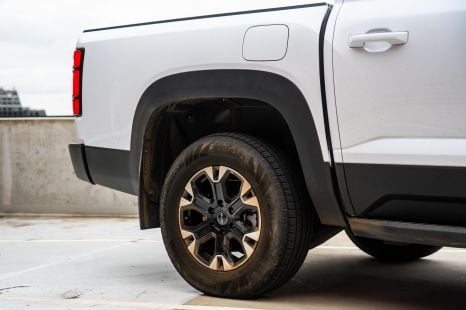

Ben Zachariah
CarExpert's top five ute reviews of 2025
37 Minutes Ago
Volkswagen Group is overseeing a research team that's going to spend the next three years investigating if EV batteries can be recycled again.

Contributor
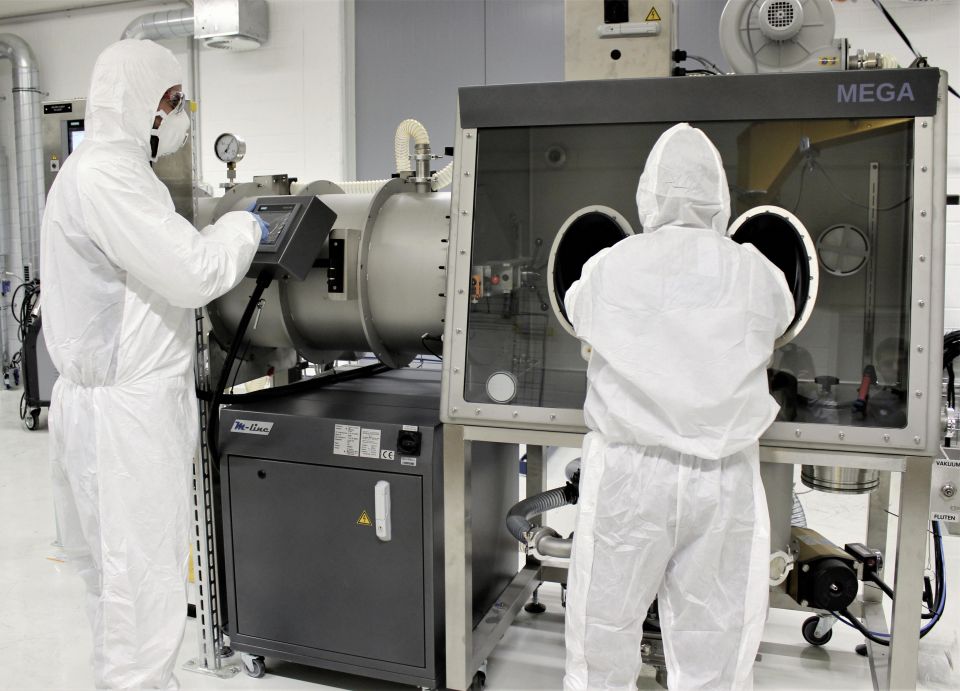

Contributor
Electric vehicle (EV) battery recycling isn’t really news anymore, but recycling a recycled battery definitely is.
Volkswagen Group and a number of other industrial and scientific companies are investigating the feasibility of recycling batteries multiple times.
Dubbed the HVBatCycle research consortium, the team plans to spend three years researching and developing the “necessary processes” needed to scale this closed-loop battery recycling – or is that re-recycling? – process.
It will all be funded by the German federal ministry of economic affairs and climate action.
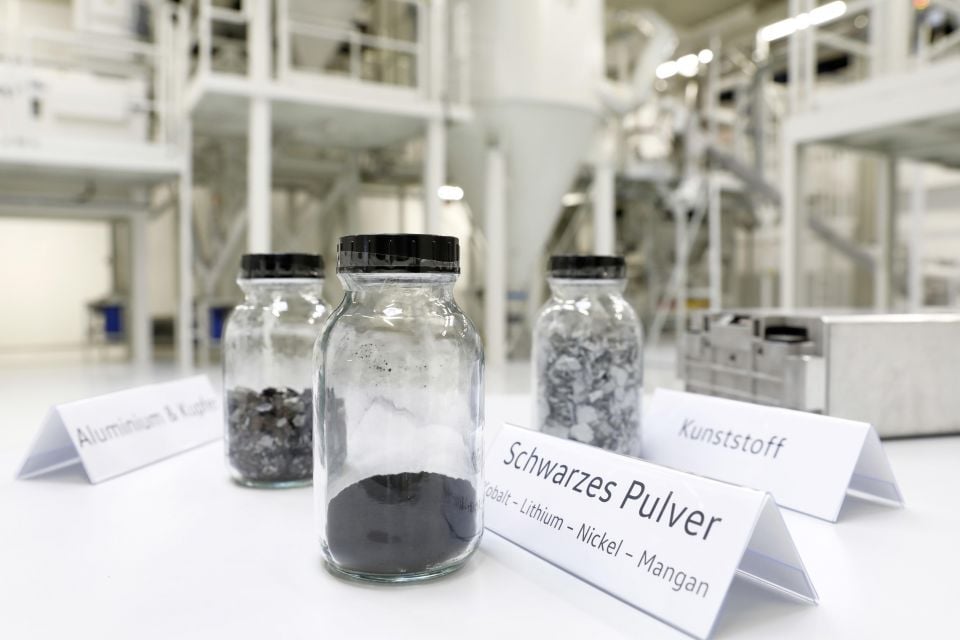
The aim for the HVBatCycle project is to keep cathode metals, electrolyte and graphite permanently in a closed material cycle. This means that these materials will continue to be extracted from old batteries and put into new batteries.
It’s yet to be seen if recycling a battery’s materials repeatedly has an influence on its effectiveness; Volkswagen AG says that closing the cycle isn’t as easy as it sounds.
In order to have an efficient, ecologically and economically sensible recycling system, all of the processes need to be coordinated with each other to produce appropriate-quality secondary materials.
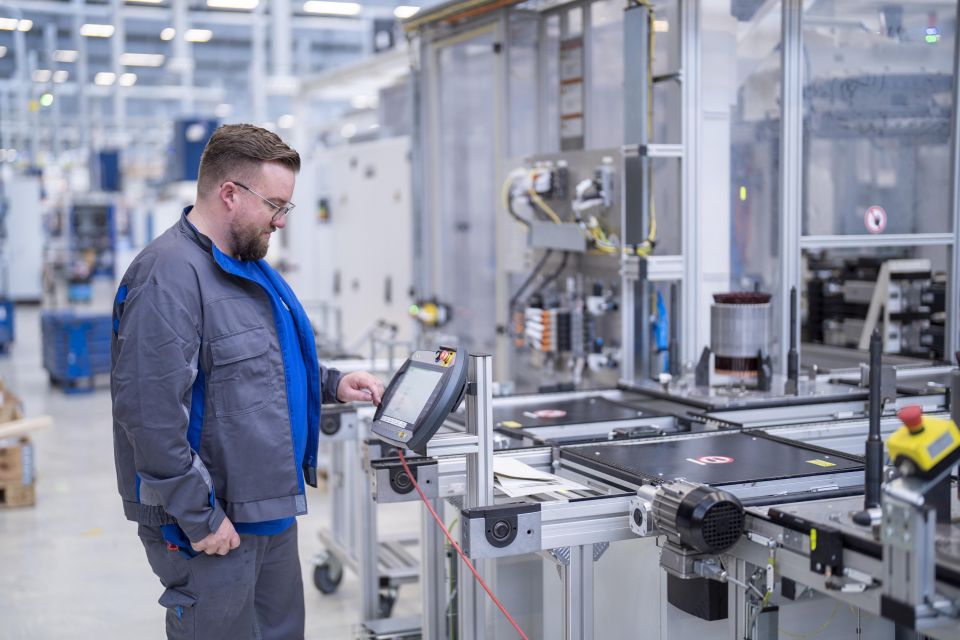
The most obvious benefit of this closed-loop recycling method is that it reduces the need to mine earth materials needed in the production of new batteries.
The research consortium is apparently focusing on a mechanical-hydrometallurgical recycling process, which uses aqueous solutions to recover metals for ores and concentrates.
In particular, the team will be processing what it calls “black mass”, which consists of graphite and battery metals, with water and chemical solvents.
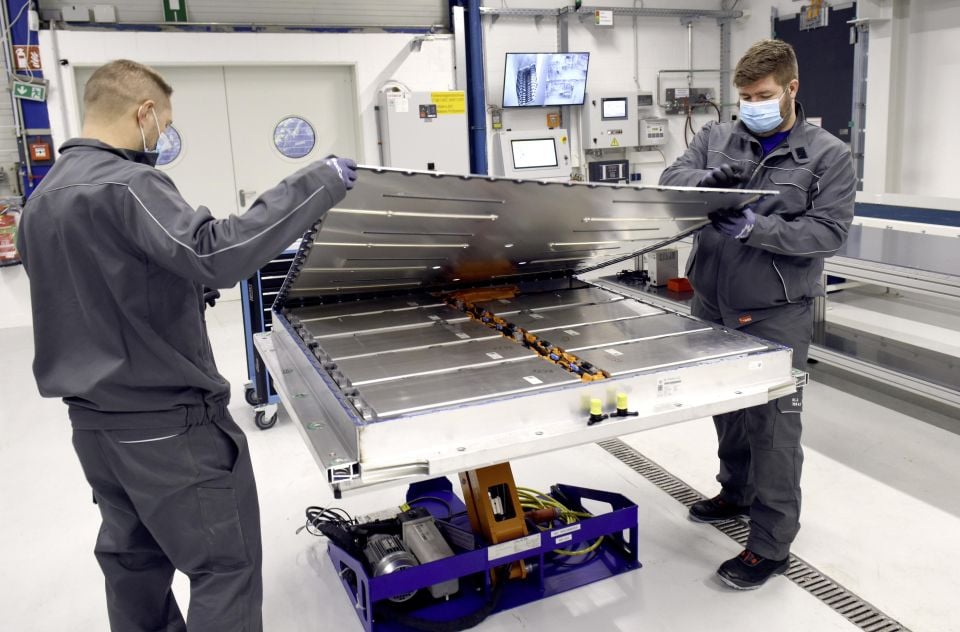
It will investigate whether the separation of metal compounds is really necessary to produce new, high-performance cathode material.
Every single step of the closed-loop recycling process is going to be accompanied by an ecological and economic life cycle analysis.
This battery recycling project comes as the International Energy Agency (IEA) reports that the prices of raw materials commonly used in batteries such as cobalt, lithium, and nickel have surged.
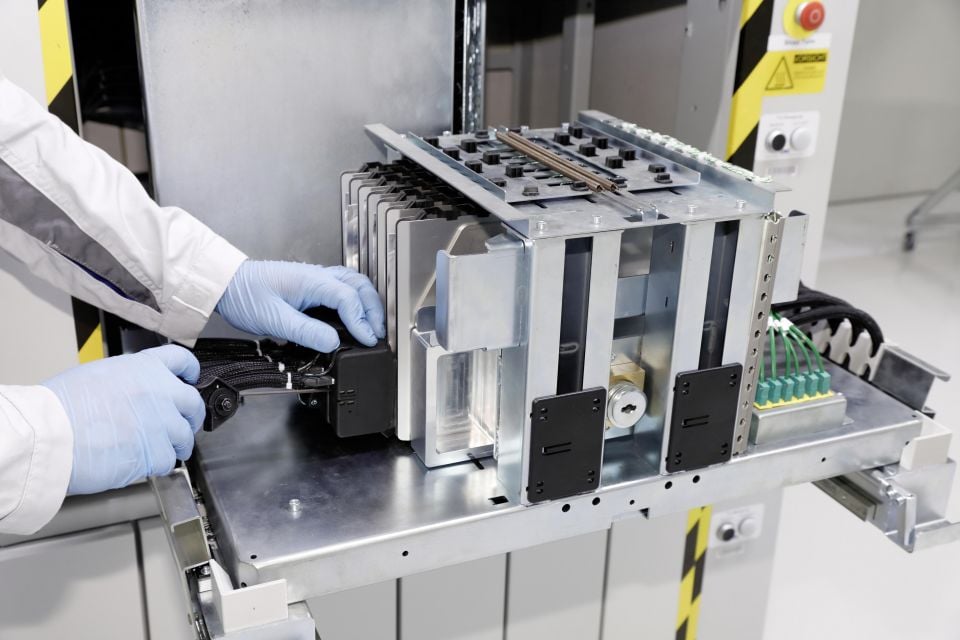
Batteries are the most expensive part of EVs, so price rises are a natural conclusion to draw.
For examples, lithium prices in May 2022 were more than seven times higher than they were at the start of 2021. “Unprecedented” demand for EV batteries as global sales boom, and the cited lack of structural investment in new supply capacity, are listed as driving factors.
Russia’s invasion of Ukraine has created more strife because Russia supplies about 20 per cent of global ‘high-purity’ nickel.
MORE: EVs could get more expensive as commodities surge, warns energy agency
Where expert car reviews meet expert car buying – CarExpert gives you trusted advice, personalised service and real savings on your next new car.
Jack Quick is an automotive journalist based in Melbourne. Jack studied journalism and photography at Deakin University in Burwood, and previously represented the university in dance nationally. In his spare time, he loves to pump Charli XCX and play a bit of Grand Theft Auto. He’s also the proud owner of a blue, manual 2020 Suzuki Jimny.


Ben Zachariah
37 Minutes Ago
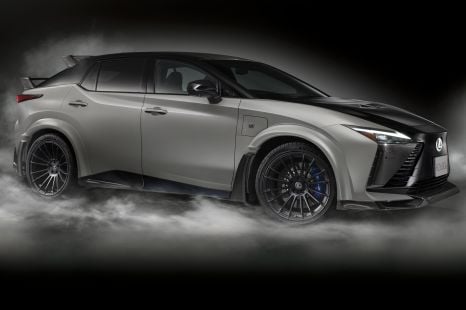

Derek Fung
1 Hour Ago
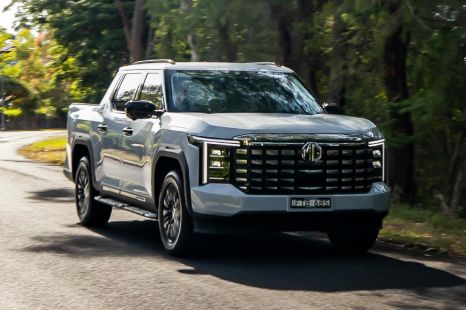

Matt Campbell
8 Hours Ago
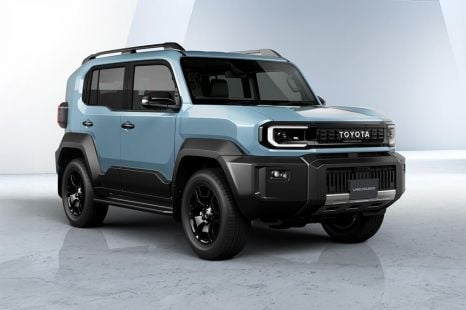

William Stopford
24 Hours Ago
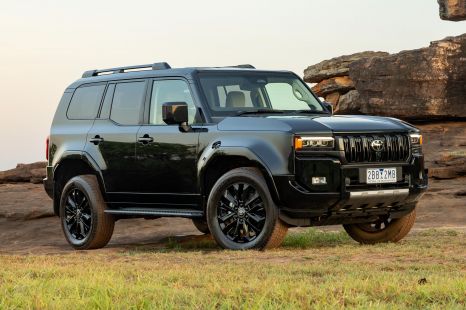

Josh Nevett
1 Day Ago
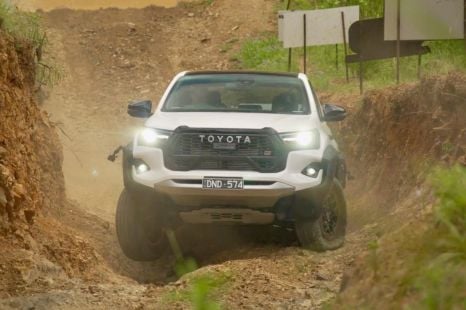

Ben Zachariah
2 Days Ago